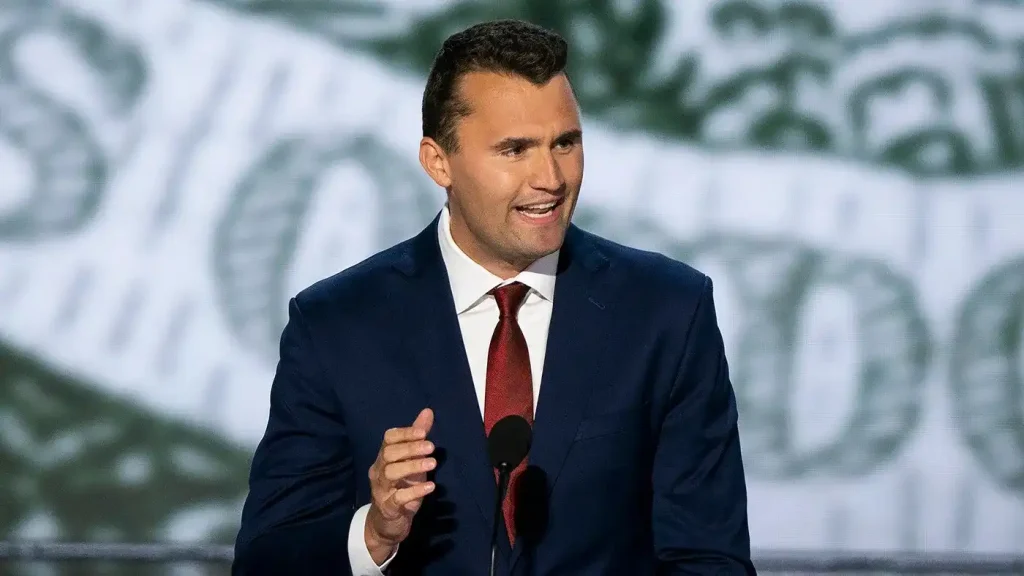Following the assassination of Charlie Kirk, numerous U.S. companies, universities, and organizations have imposed disciplinary measures.
Employees encountered firings or suspensions for sharing online content perceived as mocking, celebratory, or unsuitable regarding the event. This response highlights the swift repercussions of social media expressions in sensitive situations.
Why Employers Are Taking Action
Organizations justify their decisions by referencing breaches of social media and conduct guidelines. These rules generally ban speech endorsing violence or hatred.
Additionally, firms face external pressures to uphold their image, enforce professional norms, and distance themselves from divisive digital actions.
Public backlash against posts seeming to rejoice over a prominent figure’s demise has compelled rapid interventions to sustain confidence among clients, collaborators, and investors.
Companies and Institutions Respond
An expanding array of entities has addressed employee online statements about Kirk through the following measures:
- Nasdaq dismissed a junior strategist upon examination of their social media presence.
- Office Depot let go of a Michigan-based worker who declined to produce memorial posters for Kirk, deeming them propaganda.
- Delta Air Lines placed staff on leave for contributions exceeding boundaries of civil discourse.
- American Airlines withdrew employees from duty due to provocative statements.
- United Airlines halted operations for workers under its strict policy against violence-related expressions.
- Microsoft is evaluating staff communications to check compliance with core principles.
- MSNBC ended its association with analyst Matthew Dowd after his broadcast comments on Kirk.
- The Washington Post terminated columnist Karen Attiah amid uproar over her digital remarks on the killing.
- The Carolina Panthers sanctioned a team member for their response.
- Ector County Independent School District in Texas removed a tutor and suspended a staffer administratively after their entries emerged.
The Broader Debate
These dismissals and pauses have ignited discussions on freedom of expression, worker protections, and employer duties. Opponents claim businesses exceed limits by monitoring private views, whereas advocates assert that publicly endorsing violence demands attention in modern work environments. Legal scholars explain that U.S. private employees lack complete First Amendment safeguards if actions contravene company rules, granting firms rights to discipline for image and conduct preservation.
What This Means Going Forward
The consequences of the Charlie Kirk episode emphasize the close connection between individual online behavior and career outcomes. In a time where content spreads rapidly, employers signal that accountability applies to digital statements, particularly those undermining diversity, security, or corporate ethos.




















